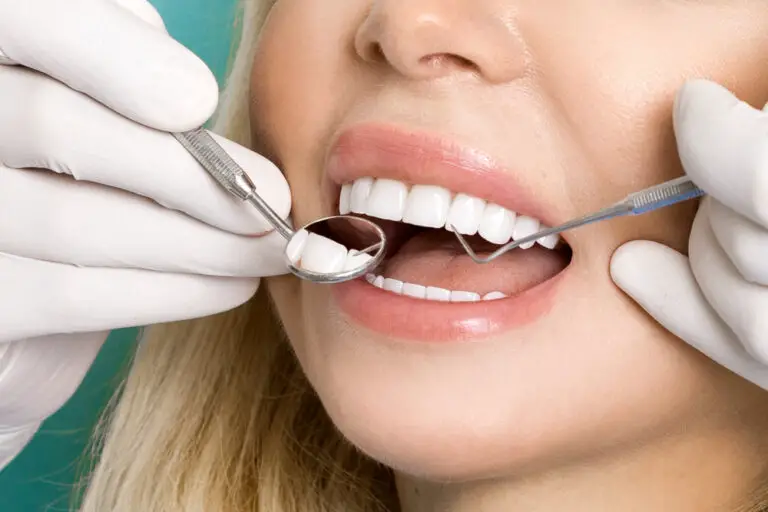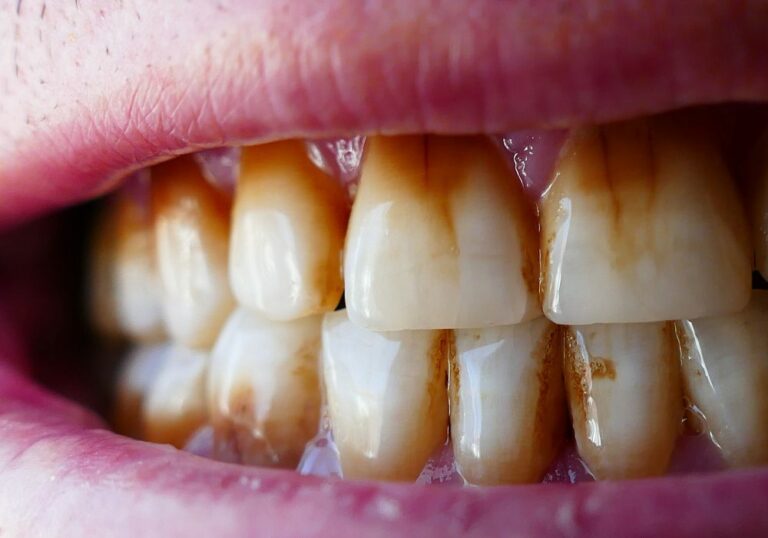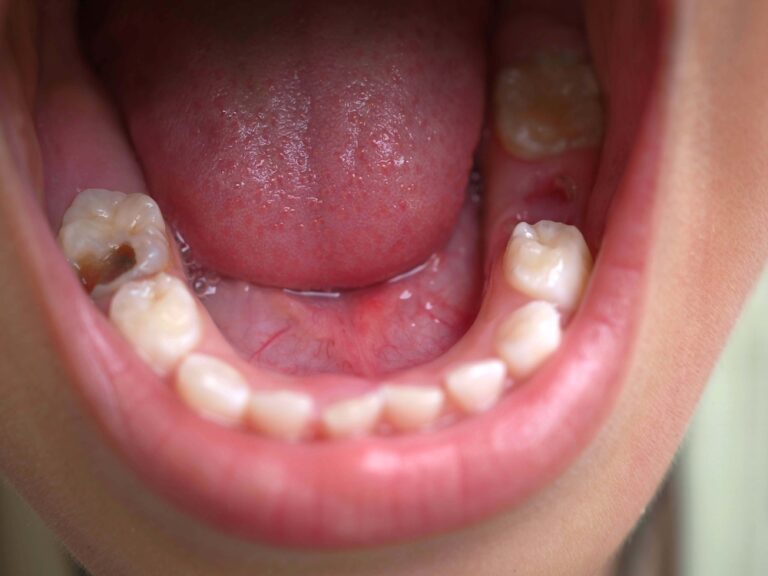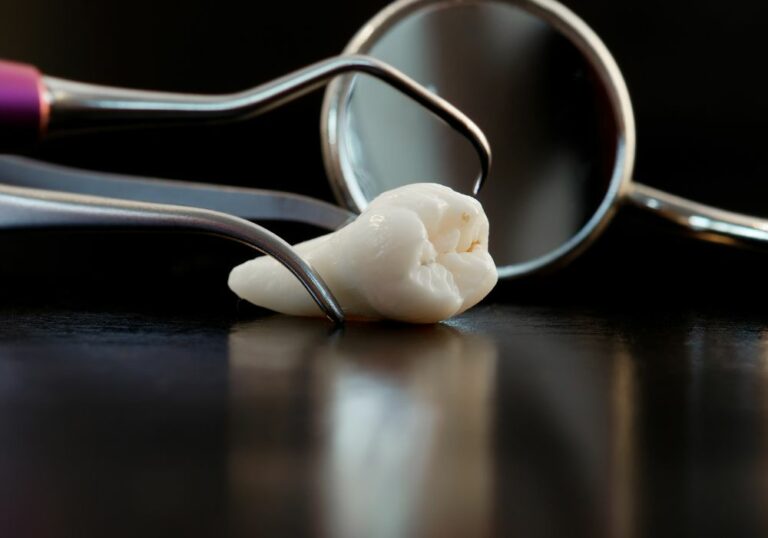If you’re an adult, there’s a big chance that you no longer have your wisdom teeth. Many people have theirs removed due to discomfort and pain, which leaves you wondering why we have wisdom teeth in the first place.
If this question has been on your mind, you’ve come to the right place! Here we will discuss why we have these teeth while also looking at why they can be such a big problem. Let’s get started.
What are Wisdom Teeth?
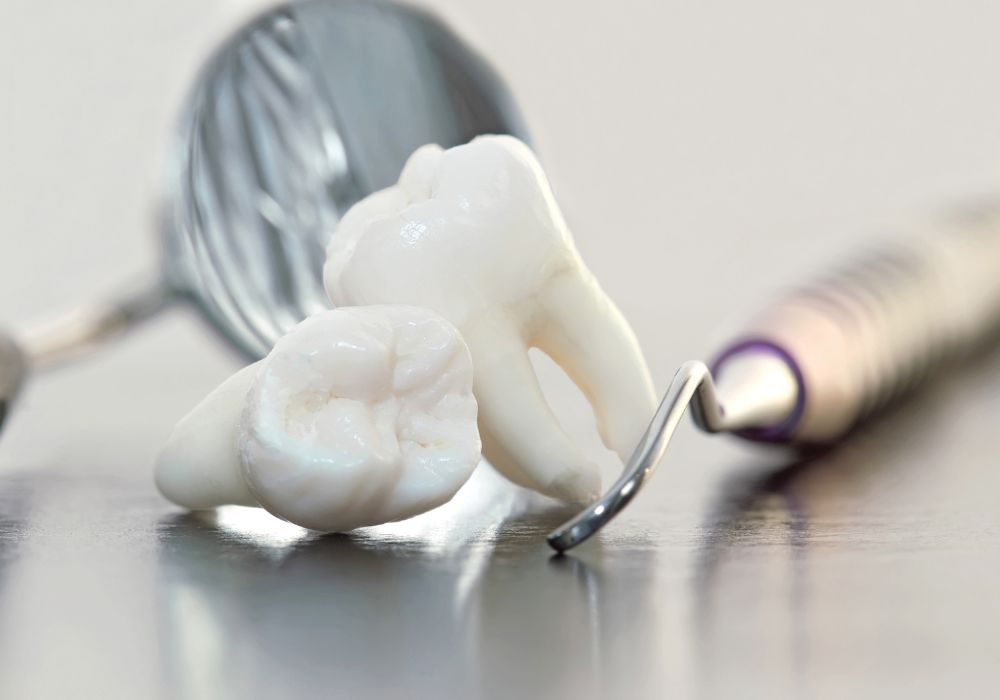
Before anything, what are wisdom teeth? Simply put, they’re the third molars or very back teeth that appear last. They’re the furthest set back in our mouths that appear in our late teens or early 20s.
These teeth push out just behind the second molars, and people who have all four of these have one in each corner of their mouth.
Why Are They Called “Wisdom” Teeth?
The third molars are the final set of teeth to grow, and they usually appear between the ages of 17 and 21 years old. Because these grew at an older age, they became known as wisdom teeth because of the adage that “with age, comes wisdom”.
Why Do We Have Wisdom Teeth?
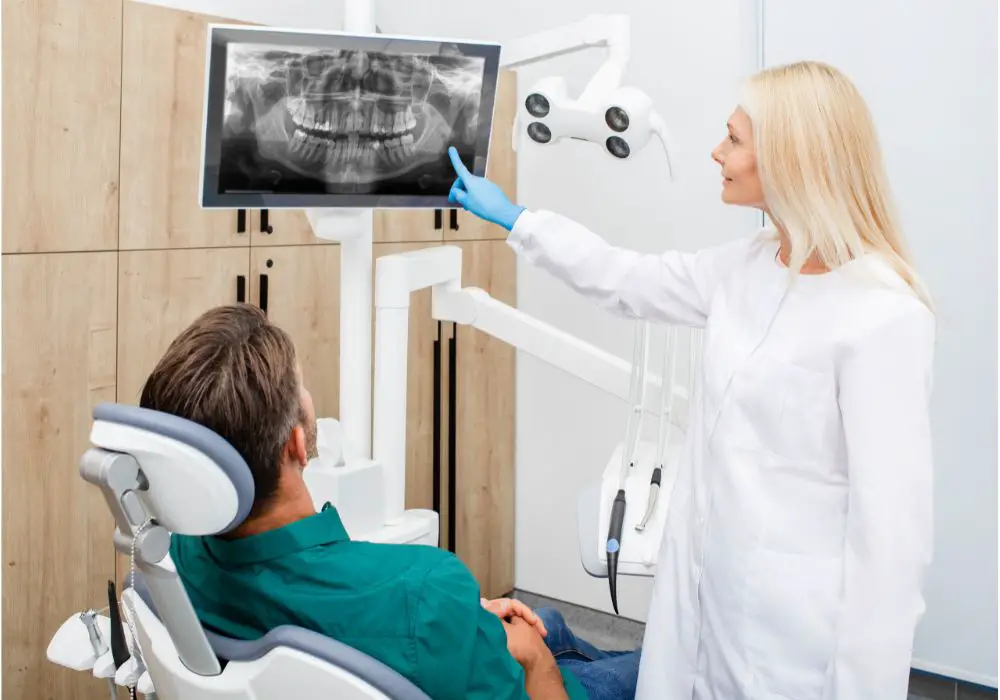
Teeth are categorized based on their functions and positions. The sharper ones close to the front of the mouth are used for tearing food into pieces. Then, the flatter ones at the back grind the food thoroughly.
The flatter teeth of the set are the molars. Adults have three sets of molars which you can find on the bottom, on top, and on the two sides of your mouth.
From infancy through early adolescence, we develop our first set of milk teeth which we eventually lose at some point. Then, a new set appears, which are the permanent teeth we keep for life.
However, only two sets of molars grow during the appearance of those permanent teeth. By the time a person is between the ages of 17 and 21, most will have their third set of molars. These teeth sit the farthest back and are more commonly called wisdom teeth.
Interestingly, not everyone has wisdom teeth, and about 53% of people have at least one of them. Another interesting fact is that there are also some people who never get any wisdom teeth at all. These people will still have the teeth in their jaw, it’s just that they never come through.
Ancient Teeth of Wisdom

In the past, our ancestors had rough diets, which likely necessitated the third set of molars. Their primitive diet mainly consisted of hard nuts, raw plants, and tough meats. That means, their wisdom teeth were important to help grind the food to allow proper digestion.
But as things progressed to more modern times, our diets have changed, and we basically don’t need our wisdom teeth anymore. In fact, a lot of dentists consider these teeth as vestigial, meaning, they had a purpose once, but not anymore.
In this day and age, food preparation and utensils eliminated our need for this set of teeth. And by getting used to these changes, our bodies have also gone through certain changes like jaws getting smaller.
This is likely the reason why a lot of people don’t have space in their mouths for wisdom teeth to emerge and settle in. Just like our nails, appendix, and coccyx, wisdom teeth are an evolutional body part that is no longer required.
What are the First Signs of Wisdom Teeth Coming in?
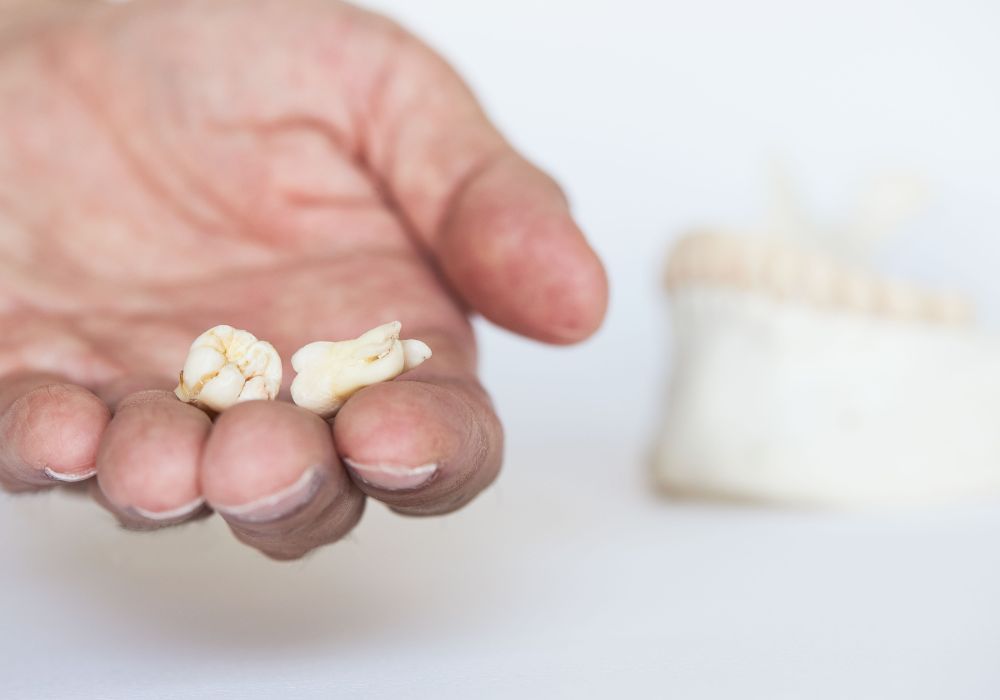
If you don’t see your wisdom teeth when you try looking into your mouth through the mirror, it doesn’t mean they aren’t there.
There are times when these don’t erupt, preventing them from becoming visible. However, if you really want to know if they’re there, you can have an X-ray to confirm the existence of your wisdom teeth.
However, if they’re coming in, here are a few signs you need to look out for:
- Redness and swelling in your gums, behind the last molars
- Facial pain as the wisdom tooth pushes out places pressure on nerves
- Tenderness or jaw pain
- White flecks behind the last molars. There’s a big chance that these are the top parts of your new teeth that are pushing out through your gums
Do You Have to Remove Wisdom Teeth?
Not necessarily, especially if they push out normally and do not cause any pain or problems. However, if these start causing tenderness, pain, or any form of discomfort, you will need to schedule an appointment and meet your dentist. However, often this pain can settle down over time.
Problems You Experience with Your Wisdom Teeth
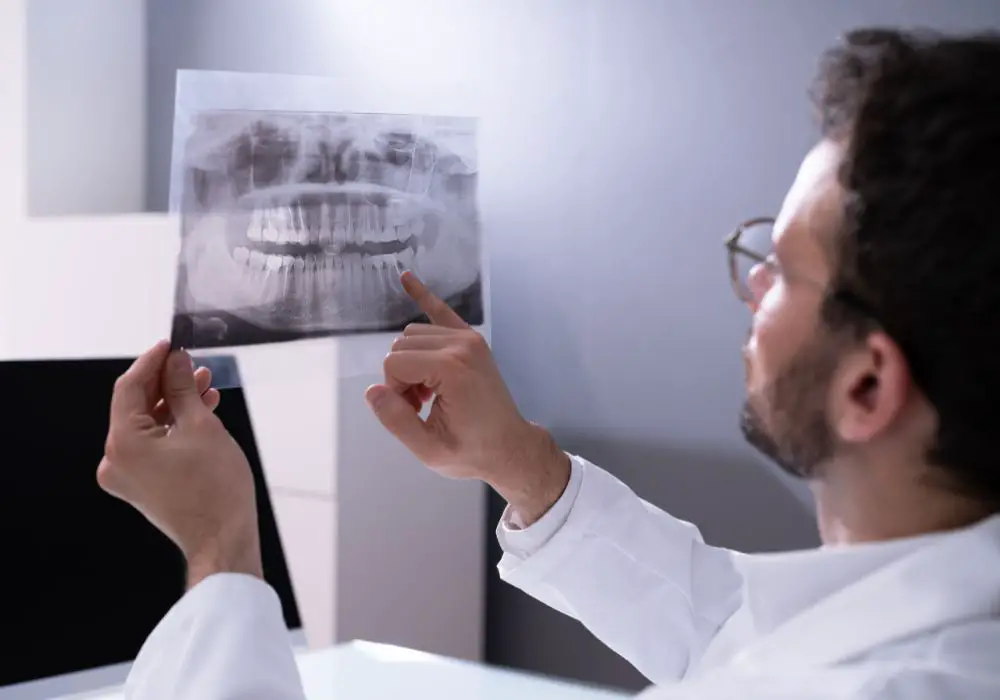
As mentioned earlier, wisdom teeth were convenient and useful for our ancestors, but today, they’re pretty much useless or pose a problem at times.
Third molars now crowd our mouths, and because of the lack of space, these usually grow sideways or in a slanting manner. Because of this, they only partially appear from the gums, or they get trapped inside the jawbone and gums.
There are even some instances where a few individuals develop complications due to impacted wisdom tooth/teeth that have not been pushed out properly. These complications can cause:
- Extreme Pain
- Infection
- Cavities
- Damage to the neighboring tooth
- Gum disease
- Cysts
- Tumors (noncancerous and very rare)
What are the Most Common Treatments for Wisdom Teeth?
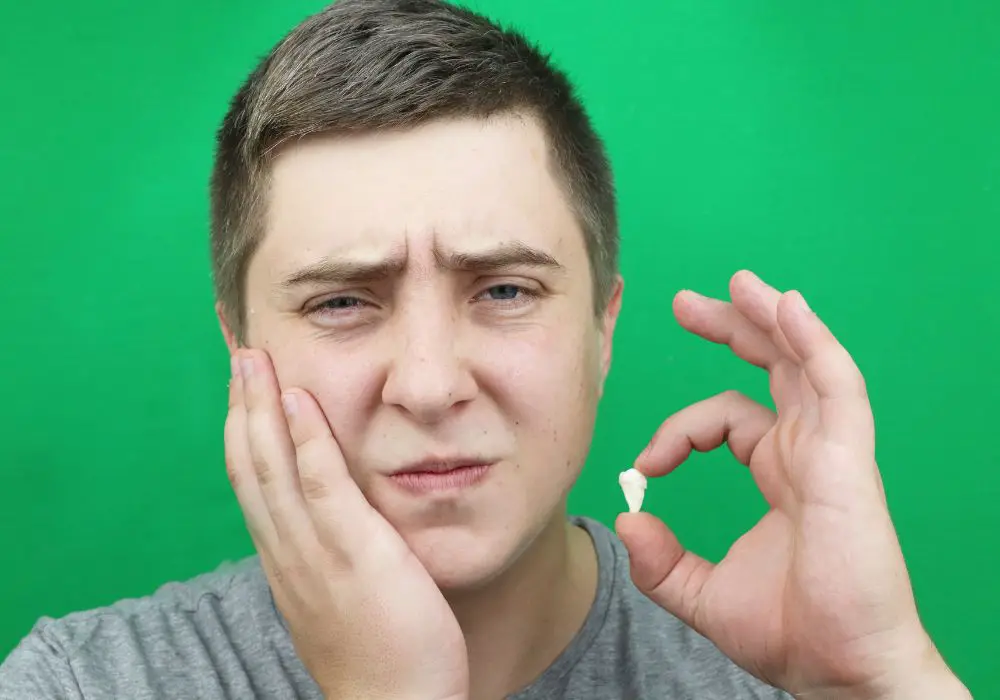
The most common way to treat wisdom teeth that are causing problems is removal. The procedure is often done by a dental surgeon under sedation. However, it can also be completed under general anesthesia in your nearby hospital whenever necessary.
Anyone who has wisdom teeth can have these removed. However, to prevent any future problems with it, it’s best to get them out in their late teens or early 20s. In fact, you don’t need to wait for complications to remove them. If they end up crowding your mouth, your dentist may recommend removing them as a way to prevent future pains.
Before regular orthodontic work, dentists can sometimes recommend the removal of these wisdom teeth. Doing so will guarantee that these will not erupt later, and undo the entire work of reshaping and correcting your teeth and jaws.
Keep in mind that more problems may occur the longer you wait or delay the removal of your wisdom teeth. Consult your health professional, so they can help you identify problems beforehand.
Proper Care for Your Wisdom Teeth

If you still have your wisdom teeth, have your dentist check them to ensure they’re healthy. Aside from regular dental check-ups, you should do the following:
- Brush your teeth twice or thrice a day. Reaching the back surface of your wisdom teeth can be difficult, so take your time and ensure you’re cleaning these areas.
- Floss once a day to clean between your teeth. Another option is using dental picks or interproximal brushes.
- Use antibacterial and alcohol-free mouthwash to reduce the risk of having a dry mouth.
Your dentist will discuss instructions to help you care for your mouth after having your wisdom teeth removed. Here are some general suggestions:
- Hold warm and salty water in your mouth. Do this once 24 hours have passed after the surgery.
- Don’t smoke for 48 hours after the procedure.
- Eat food that is soft and easy to chew for a few days to keep the area free from food particles.
- Avoid excessive physical activity and drinking alcohol.
Surgeries are always associated with various risks, so ask a lot of questions before deciding to have your wisdom teeth removed. If you choose not to, your dentist will monitor these closely since they tend to cause more problems in the long run.
Professional dentists (or oral and maxillofacial surgeons) are the ones who can remove wisdom teeth. Maxillofacial surgeons have gone through additional training and the study of bones, teeth, face, and jaws.
If you undergo the procedure, they will provide clear instructions on preparing for the surgery and what to do while recovering.
Recovering from Wisdom Tooth Removal

After surgery, your mouth becomes more vulnerable to infection, that’s why following your dentist’s instructions to keep your wounds clean is vital. Usually, the dentist would advise salt water rinses, eating food without seeds or other small pieces, and avoiding smoking.
Generally, it takes a few days to recover from wisdom tooth removal. However, others can experience pain that lasts for a week. Ask your dentist which pain medications are safe to take during the recovery period.
Removing your wisdom teeth may be uncomfortable, but having these removed as early as possible is the best. Doing so can help you avoid more dental problems and undergoing additional dental procedures in the future.
Conclusion
With modern utensils and food preparation, wisdom teeth are unnecessary parts of our bodies these days. We only have them because our ancestors needed them due to their tough diet.
Today, the removal of wisdom teeth has become a rite of passage for adolescents around the world. For some people, wisdom teeth are properly aligned and don’t cause problems. In this case, you have no need to have them removed.

